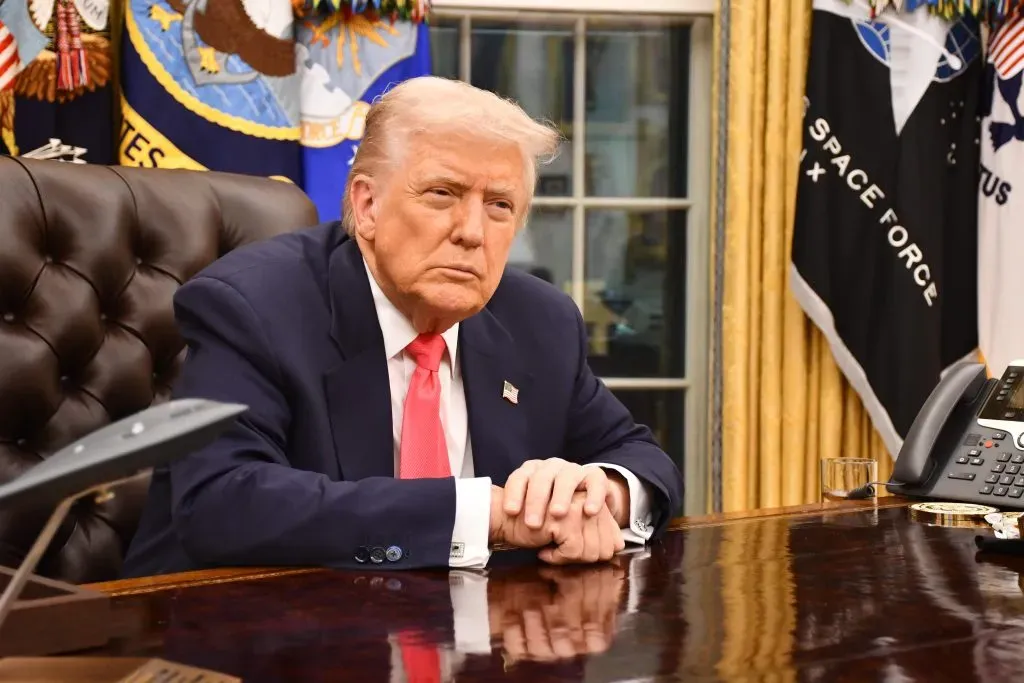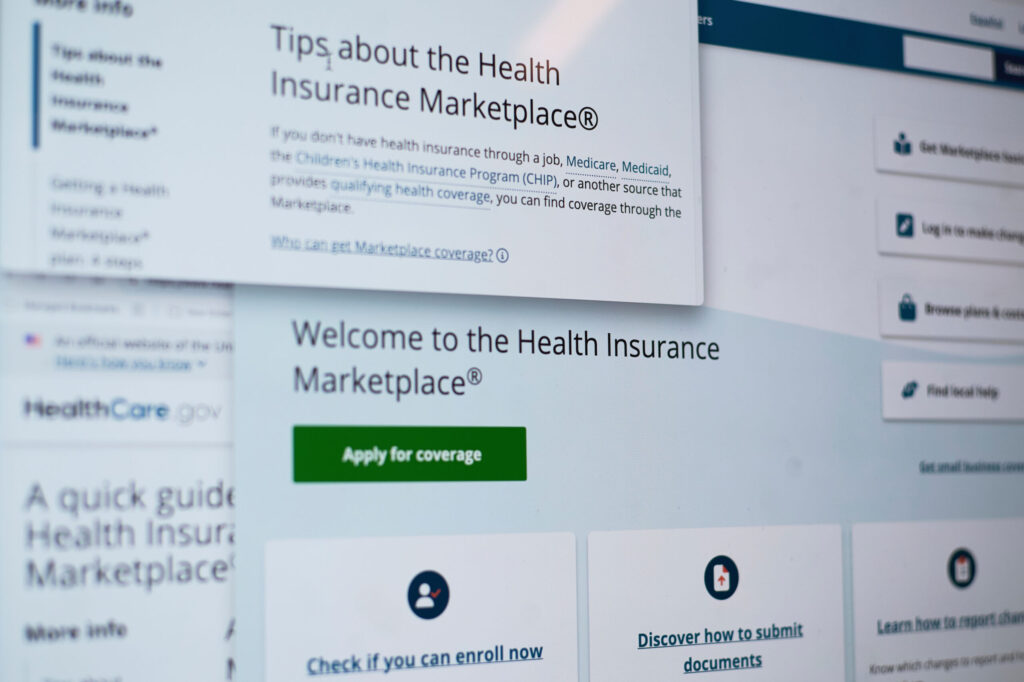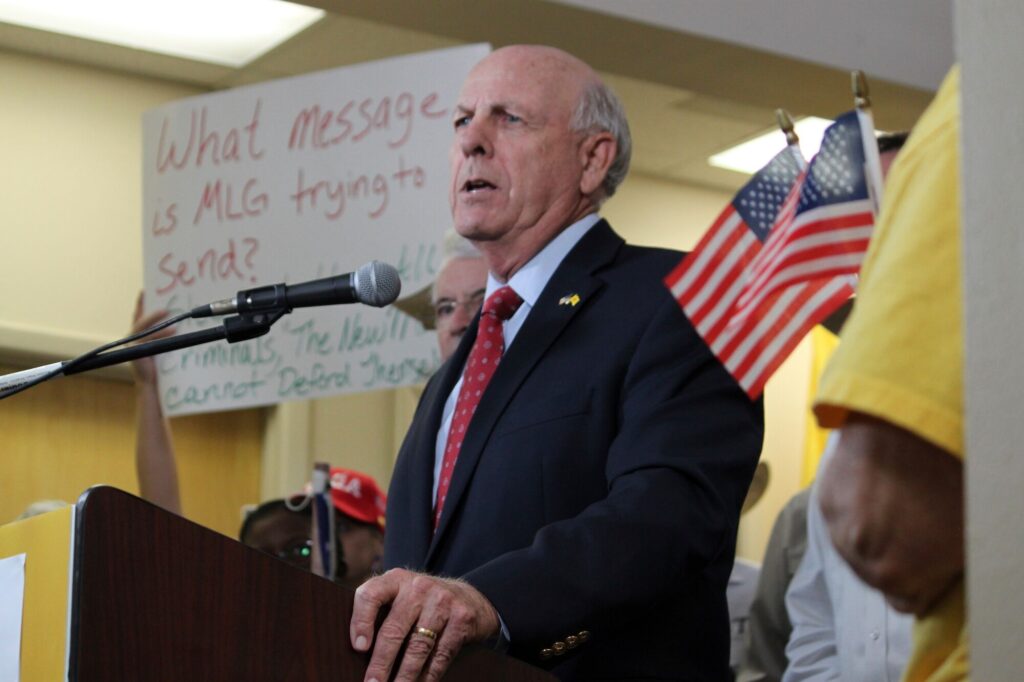Budget-balancing measures pass House, but legislature’s work is hardly over

EDITOR’S NOTE: This story previously stated that there were two votes on Senate Bill 256. Two votes were initially recorded on the legislature’s website. But staff for House Democrats say the vote was erroneously ended, and so there was actually only one recorded vote on the bill, which was 33-31.
The Colorado House on Tuesday narrowly advanced two measures critical to passing a balanced budget this legislative session.
In a dramatic vote, a measure that would reduce revenue generated by the Hospital Provider Fee passed 33-31.
Four Democrats defected on the measure, joining Republicans in opposing it. Those Democrats included Reps. Steve Lebsock of Thornton, Barbara McLachlan of Durango, Joe Salazar of Thornton and Donald Valdez of La Jara. Republican Rep. Bob Rankin of Carbondale supported the measure as a member of the Joint Budget Committee.
Rep. Daneya Esgar, D-Pueblo, said it was perhaps the most emotional vote of her career, though she stuck with her caucus and pushed the budget-balancing measure through.
Senate Bill 256 would reduce revenue generated from the Hospital Provider Fee by $264 million. The idea is to prevent the state from hitting its spending limit, thereby freeing money for programs and services. The revenue generated from the fee goes towards the state’s spending cap. The fee is assessed on patient stays to force a match of federal health care dollars.
Some rural hospitals say they would close as a result of the maneuver. With the federal match, hospitals in Colorado stand to lose about $528 million.
“This was one of the hardest votes I’ve ever had to take because hospitals are so critical to my community and to Southern Colorado as a whole,” Esgar said. “I really struggled with this vote, but ultimately this job requires hard choices and I knew that we had to fulfill our obligation to balance the state budget.”
Senate Bill 256, along with another measure, Senate Bill 262, which cuts General Fund transportation spending in half, to $79 million, are both critical to passing a balanced budget.
State budget writers were unable to finalize the proposed $26.8 billion state budget without passage of the bills. The budget and its so-called “orbital” bills had already passed the Senate, but they were delayed in the House.
With the budget package complete, the Joint Budget Committee can meet to address discrepancies between House and Senate versions of the so-called Long Bill and to send a final version to the governor for his signature. It also means that other spending requirements, such as providing money for schools, can move forward.
Lawmakers are constitutionally obligated to pass a balanced budget, so failure to do so would likely result in the governor calling a special session. There is only two weeks left in the legislative session.
“It is heartbreaking to me that we are all in the position of having to make these cuts, when a solution to restore this funding and also protect key priorities like our schools and transportation is being held captive in the Senate,” Esgar said. “Now it’s up to the Senate majority to do the right thing and move forward the Hospital Provider Fee fix, so that we can protect our rural hospitals and our rural communities.”
Democrats said they delayed a vote on the budget-balancing measures because they were waiting to see what would happen with a separate measure that would restructure the Hospital Provider Fee, while also lowering the overall base of state tax revenue to protect taxpayer rebates.
By exempting the fee from contributing to the state’s spending cap, a more permanent stream of revenue would be available to balance the budget and invest in programs and services, while also saving hospitals from painful cuts in the upcoming budget.
Senate Bill 267 is awaiting a hearing in the Senate Appropriations Committee after having passed the Senate Finance Committee on April 11. Sponsors of the bill have repeatedly delayed a vote on the measure as they work to gather support. The bill could be heard as early as Thursday.
The measure also includes a 20-year bonding program, which would direct $1.2 billion towards state roads and highways. At least 25 percent of the money would have to go towards projects in rural Colorado, with county populations of 50,000 or less.
But discussions over that measure have been troubled. It’s unclear whether the bill can survive either chamber in the split legislature. Both Republicans and Democrats have raised concerns with the legislation.
After the budget-balancing measures passed the House on Tuesday, Rep. Millie Hamner, D-Dillon, vice-chairwoman of the Joint Budget Committee, said, “Just because it’s balanced doesn’t mean we’re satisfied.”











